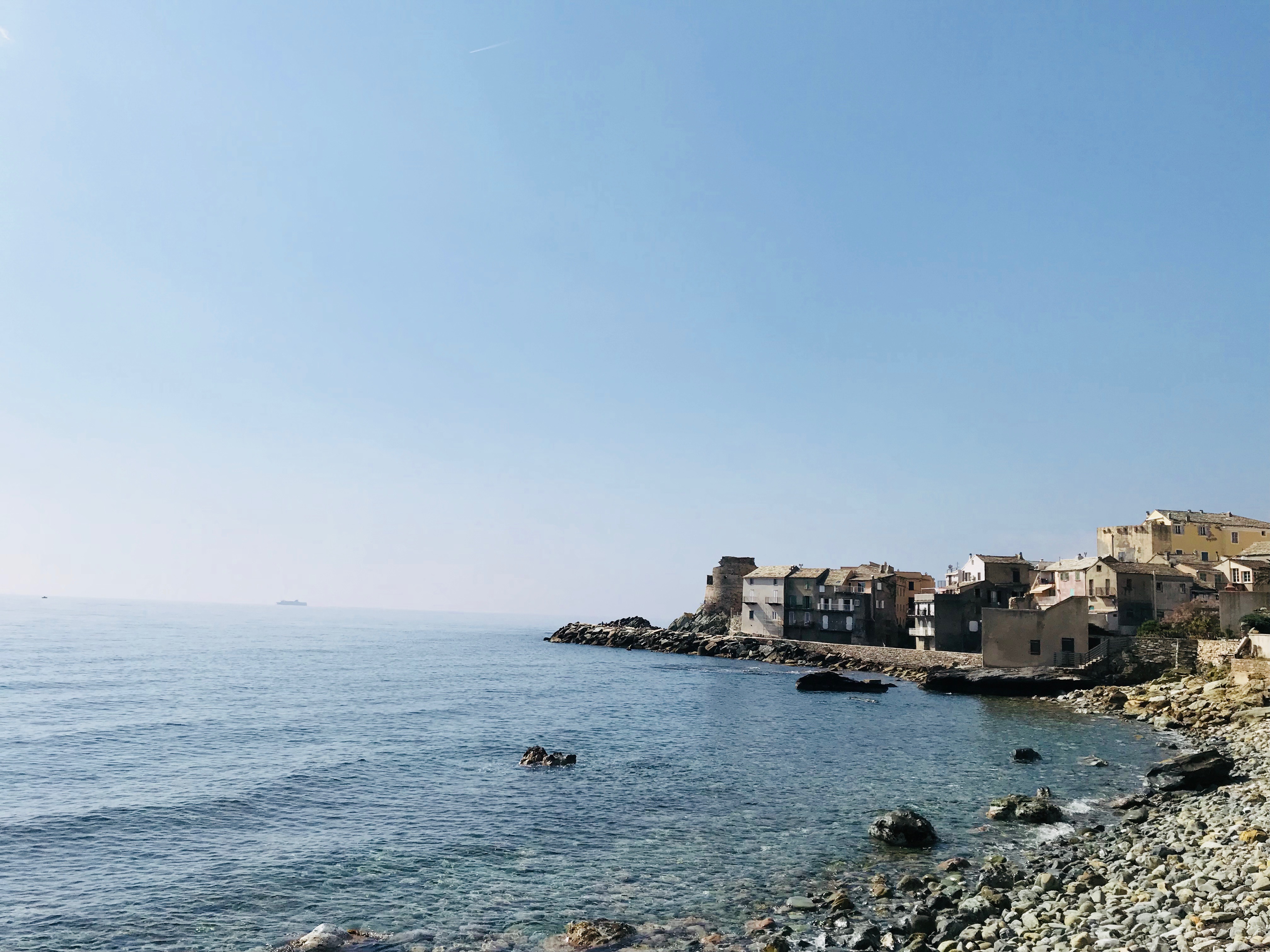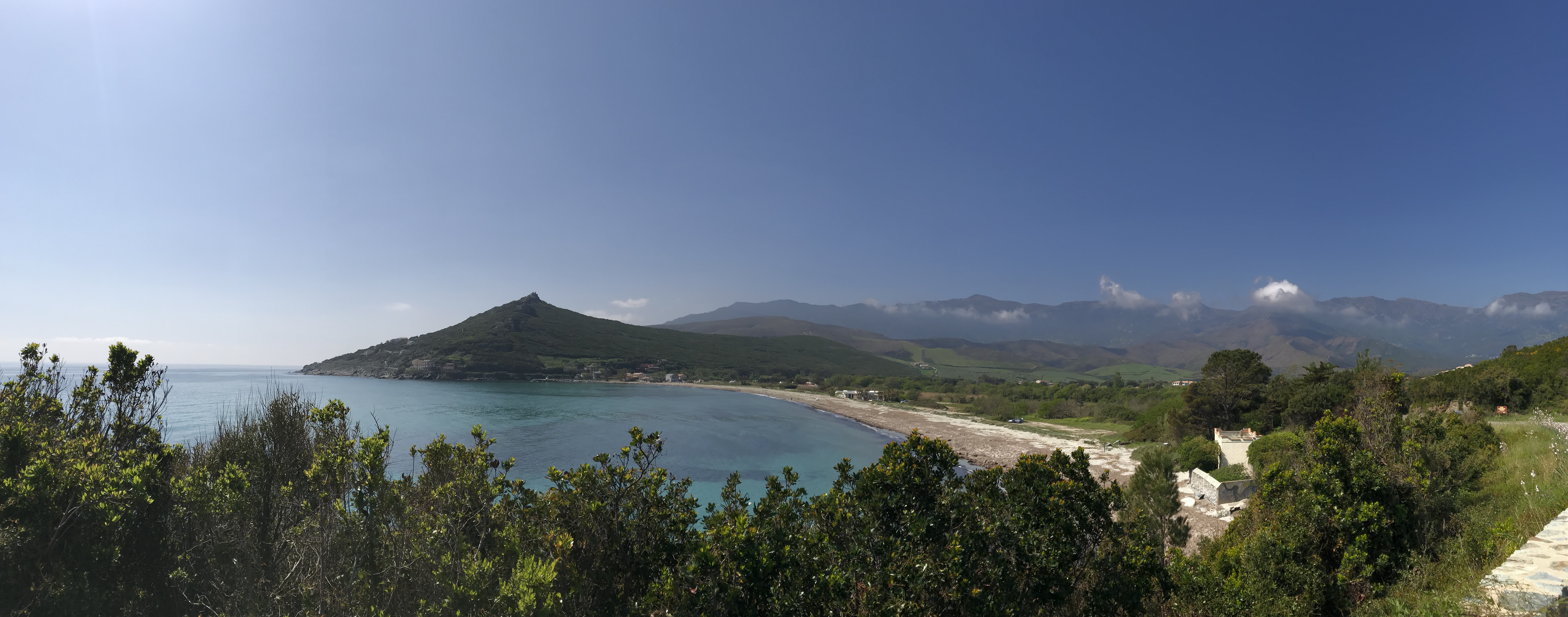
In the French department, a culmination of the senior experience is the thesis, a large, fifty-plus-page essay on a topic of your choosing. A thesis is not required in every department, and even within the French department the thesis is optional. I have noticed from observing seniors, and now as a senior myself, that those who have chosen to do the thesis will frequently be heard grumbling and moaning about their topic. Yet what I also observe is their dedication to their subject. The complaints are surface, for they mask a deep commitment and love for their thesis.

I understand that there are probably some structural differences, depending on the department, but I speak as a French major when I say: Your thesis subject will change. Don’t be daunted. Fall semester of my junior year I had a concrete idea of what I wanted to write about for my thesis and had discussed it with my major adviser. While my major adviser became my first reader, the topic of my thesis shifted completely, owing largely to a semester abroad in France and an excursion to Corsica, a sizable French island in the Mediterranean. Upon my return I began to read more books about Corisca, and the maquis*and the vendetta. . . . Sometimes a subject will come to you immediately. But it may also take time, and alterations, and rewrites. Continue to read and discuss the subjects you love with those around you. Did a lecture in class pique your interest? Did a certain author? A certain event?

My professors have spend hours of their time meeting with me, monthly, biweekly, weekly, some days soothing my anxieties, other days pushing me to work harder, and always mentoring me in crafting a thesis I can be proud of. Ask a senior how their thesis is coming along and they may groan and tell you of the sleepless nights spent among the shelves in Carpenter. But press them further, and you will see their eyes light up with excitement, they will gesticulate, and their eagerness to share their subject and the enthusiasm they have for it are hard to miss.

*maquis: a dense scrubland (lavender, myrtle, sandalwood, flowers) that covers a large portion of the island. Some say that approaching by boat, you can smell Corsica before you see it.

Your images of France and BMC are delightful, as are all the other places you have shared. Do you regret moving off campus as a student? What was the biggest benefit or largest loss? I do hope your career allows you to travel .
Thank you for your kind comment! Both France and BMC are close to my heart. I do no regret moving off campus as a student. However, as I am a five minute walk from campus, I do not really feel as if I moved off. Perhaps a difference would be the lack of dorm life. I do love and miss the lively communities that form between the members of each dorm. However, I really enjoy having a kitchen in which I can experiment and a space big enough to have mawrtyrs over for dinner! I am certainly looking for careers abroad or careers that involve travel. Thank you again for leaving me a message!
Hi Hallie!
I’m applying to Bryn Mawr as a French major/McBride Scholar. I agree with K Cox, your pictures of France and also the campus’ classrooms are great to see! So beautiful.
I’m wondering (if you know) whether McBride Scholars tend to live off campus, or if some live in the dorms, and how integrated nontraditional students feel in the social scene? (I’m in my mid-twenties for reference)
Thanks for blogging!
Hi Kelly! Thanks for your comment. As far as I know, many McBride Scholars tend to live off-campus, whether in the surrounding towns or in West Philly. However, they are, of course, welcome in the college’s activities. (McBride Scholars also receive their own lanterns!) Thanks for reading and I’m so glad that you’re applying as a French McBride Scholar. I’d be happy to answer any more questions you might have about our department! -H